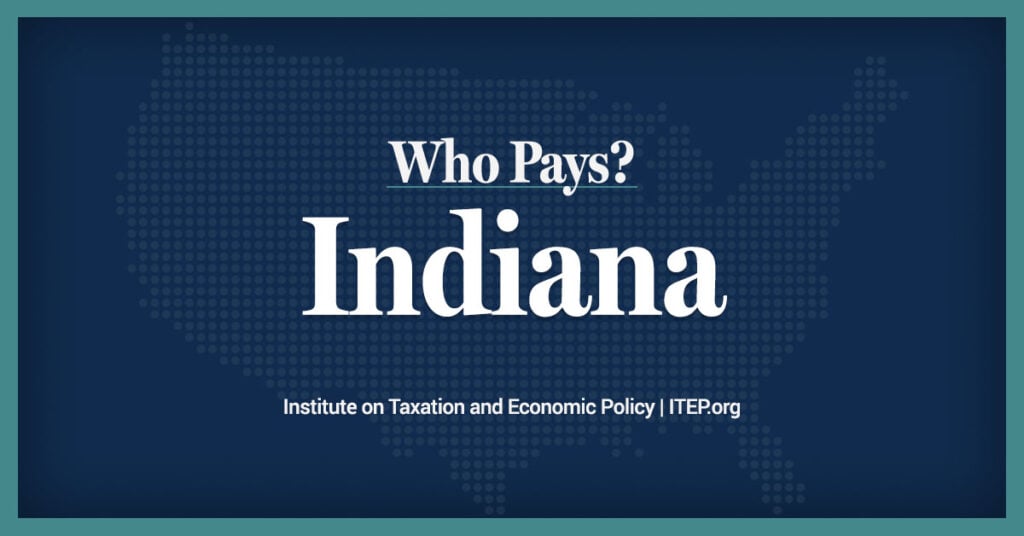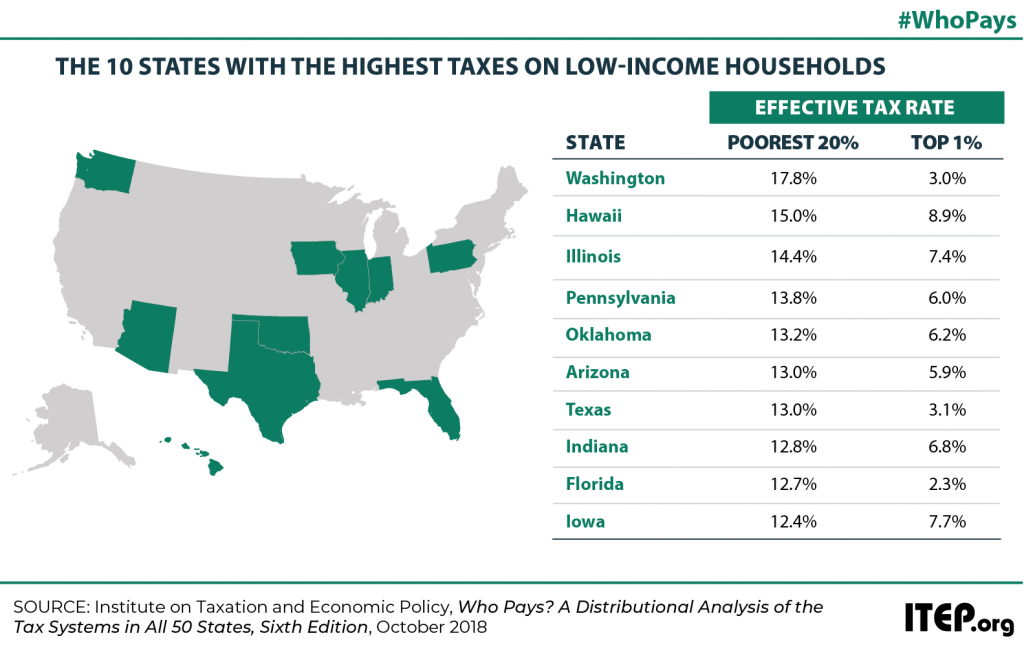Last updated: January 23, 2013 10:38 a.m.
State of state
Niki Kelly | The Journal Gazette
INDIANAPOLIS – Gov. Mike Pence preached optimism in his first-ever State of the State speech Tuesday night, specifically calling on lawmakers to cut taxes and improve education.
“Together, we will build a more prosperous future. Together we will open doors of educational opportunity for all our kids,” he said. “Together we can approach our third century with confidence.”
Working without a teleprompter – the first time in decades for a State of the State speech – Pence sometimes had a rapid-fire delivery and a lack of eye contact. He was forced to skip parts of his speech near the end partly because he was interrupted by applause 26 times.
Pence focused intensely on building support for his proposal to cut the individual income tax by 10 percent, which would cost the state about $500 million in revenue annually.
“Hoosiers work hard. They labor in a fragile economy. They save and invest in their families and businesses and family farms. Why wouldn’t we want them to keep more of what they earn?” he asked.
And he directly challenged lawmakers who are quietly opposing the biggest item on this legislative agenda, saying, “Let’s be honest with our fellow Hoosiers: We can afford to do this.”
Pence pointed out a state tax cut would come at a time when federal payroll taxes increased and the Indiana economy is in need of a jolt. He estimates it would save an average family of four about $228 a year.
Republican House Speaker Brian Bosma, who has been critical of the cut, said the irresponsible tax policies of the federal government shouldn’t affect budget talks here.
He added that a tax cut has to be sustainable for Indiana’s long-term future, not just an election cycle.
Senate President Pro Tem David Long, R-Fort Wayne, said it’s unclear whether Indiana can afford the tax cut – “it’s wait and see.”
Pence broke little new ground in the address, instead reinforcing his campaign priorities and recently released state budget proposal.
The only novel proposal was an expansion of the state’s voucher program, which uses state taxpayer dollars to pay tuition at private schools for low- to middle-income families.
Pence has supported school choice generally but now wants to remove the requirement that students first try public school for a year before being eligible for vouchers
That move would significantly increase the cost of the program to the state because children currently in private schools – and never before funded by state dollars – would now be paid for out of state coffers.
Long said this will be a hot topic during the rest of the session because of major differences in opinion within the Republican Party.
“We’re talking about a promise we made to public schools to give them first bite at the apple,” he said.
Overall, Rep. Rebecca Kubacki, R-Syracuse, said she was thrilled with the tone of the address.
“There is so much doom-and-gloom that it’s nice to say we can do great things,” she said.
She also supported a part in the speech in which he said two-parent, married families help stave off child poverty.
“Indiana should seek ways to encourage strong, healthy families for our kids, our communities and our state,” Pence said, while also seeking to applaud single mothers.
Democrats responded favorably to several parts of the speech, such as transparency at the Indiana Economic Development Corp., helping veterans and state support for pre-kindergarten.
House Democratic Leader Scott Pelath said his caucus would listen to the tax-cut arguments, if it benefits the middle class.
During the campaign, the Institute on Taxation and Economic Policy found more than half the benefits of the rate cut would flow to the best-off 20 percent of Indiana residents.
The nonprofit, nonpartisan research organization is based in Washington, D.C., and analyzes federal, state and local tax policy.
According to the group’s report, if Pence’s rate cut had been in effect last year, a typical middle-income Indiana resident would have seen their taxes fall by about $102, while the state’s richest 1 percent of taxpayers would have received an average tax cut of $2,264. Pelath also expressed caution about expanding the voucher program right after the Republican superintendent of public instruction was ousted by voters.
Pence cut a number of sections at the end of the speech because he went over his allotted time, including a nod to Ronald Reagan, a call against federal intervention and a section on gun control that said “Hoosiers know this is not about access to firearms. It is about access to schools.”



